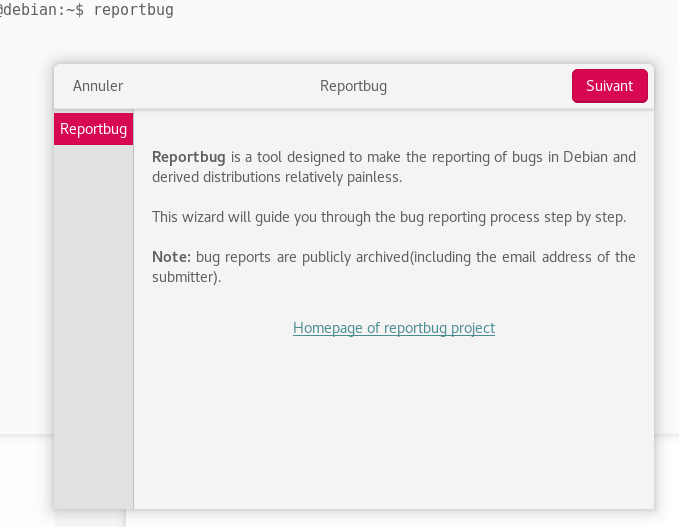root@asus:~# cat /etc/default/crda
# Set REGDOMAIN to a ISO/IEC 3166-1 alpha2 country code so that iw(8) may set
# the initial regulatory domain setting for IEEE 802.11 devices which operate
# on this system.
#
# Governments assert the right to regulate usage of radio spectrum within
# their respective territories so make sure you select a ISO/IEC 3166-1 alpha2
# country code suitable for your location or you may infringe on local
# legislature. See `/usr/share/zoneinfo/zone.tab' for a table of timezone
# descriptions containing ISO/IEC 3166-1 alpha2 country codes.
REGDOMAIN=
root@asus:~# iw reg get
global
country 00: DFS-UNSET
(2402 - 2472 @ 40), (N/A, 20), (N/A)
(2457 - 2482 @ 20), (N/A, 20), (N/A), AUTO-BW, NO-IR
(2474 - 2494 @ 20), (N/A, 20), (N/A), NO-OFDM, NO-IR
(5170 - 5250 @ 80), (N/A, 20), (N/A), AUTO-BW, NO-IR
(5250 - 5330 @ 80), (N/A, 20), (0 ms), DFS, AUTO-BW, NO-IR
(5490 - 5730 @ 160), (N/A, 20), (0 ms), DFS, NO-IR
(5735 - 5835 @ 80), (N/A, 20), (N/A), NO-IR
(57240 - 63720 @ 2160), (N/A, 0), (N/A)
root@asus:~#
root@asus:~# iw reg set FR
root@asus:~# ^C
root@asus:~# cat /etc/default/crda
# Set REGDOMAIN to a ISO/IEC 3166-1 alpha2 country code so that iw(8) may set
# the initial regulatory domain setting for IEEE 802.11 devices which operate
# on this system.
#
# Governments assert the right to regulate usage of radio spectrum within
# their respective territories so make sure you select a ISO/IEC 3166-1 alpha2
# country code suitable for your location or you may infringe on local
# legislature. See `/usr/share/zoneinfo/zone.tab' for a table of timezone
# descriptions containing ISO/IEC 3166-1 alpha2 country codes.
REGDOMAIN=
root@asus:~#
root@asus:~# iw reg get
global
country FR: DFS-ETSI
(2402 - 2482 @ 40), (N/A, 20), (N/A)
(5170 - 5250 @ 80), (N/A, 20), (N/A), AUTO-BW
(5250 - 5330 @ 80), (N/A, 20), (0 ms), DFS, AUTO-BW
(5490 - 5710 @ 160), (N/A, 27), (0 ms), DFS
(57000 - 66000 @ 2160), (N/A, 40), (N/A)
root@asus:~#
Voici ce que j’ai fait. Ça ne marche toujours pas mais je n’ai pas rebooté (et ne sait pas si ça va être pris en compte définitivement. Pour la debian live, je progresse 'ja sais devenir root), mais je ne sais pas pour l’instant faire plus

 ).
).
